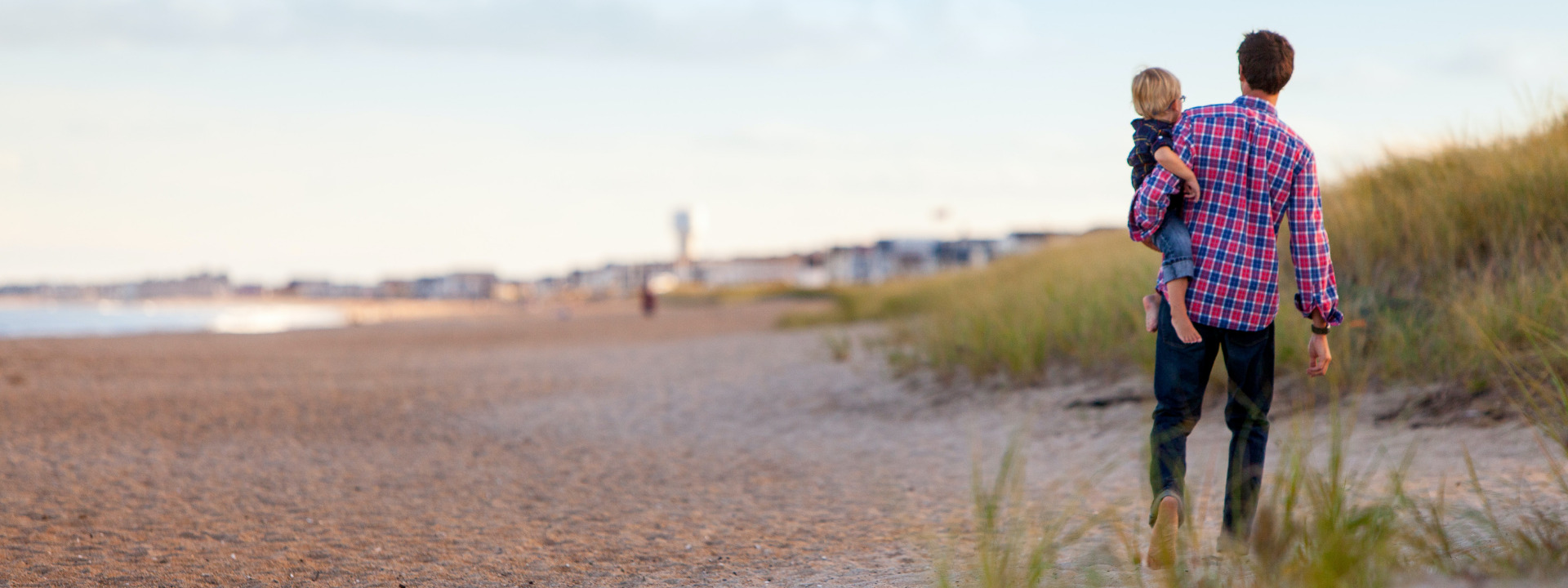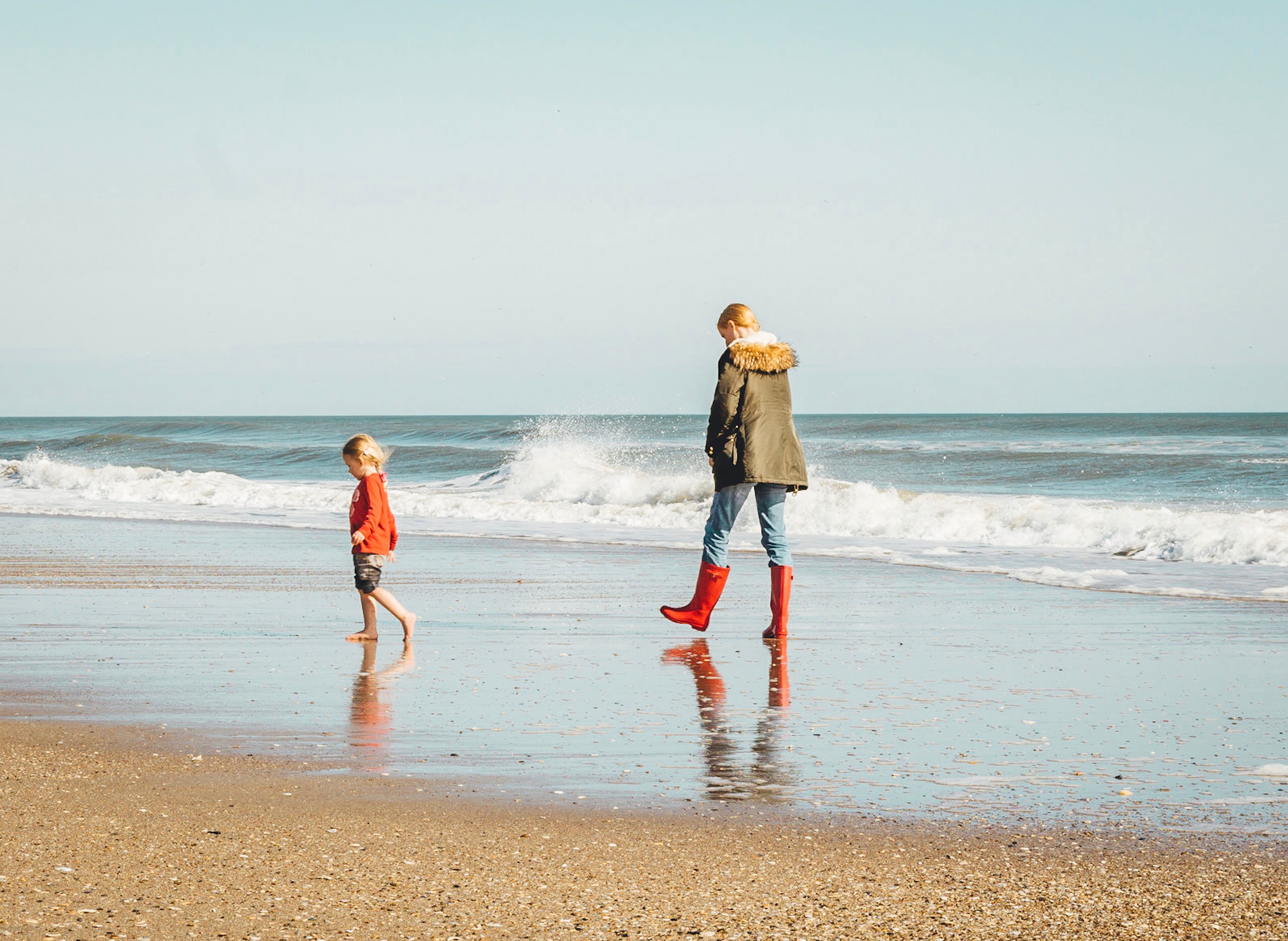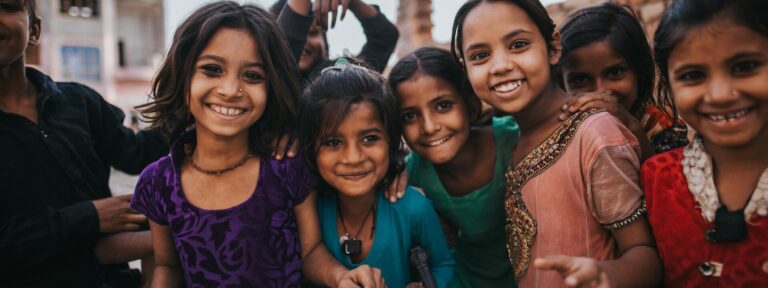
Having one child: are only children lonely children?
Although family sizes are shrinking across the world, having just one child is still often not a popular choice. Our Head of Campaigns, Alistair Currie, who is also a father-of-one, looks at reality and myth.
When we conducted a very extensive poll on family size in the UK in 2021, one result certainly caught my eye. As the father of an “only child”, it was pretty sobering to see that just 7% of people asked about their ideal family size chose one the same as mine. In comparison, more than a third said they hoped for two children and twice as many wanted three as one (15% men, 16% women). A fifth said they wanted no children at all.
The poll also provided some clues as to why: 39% of people thought being an only child has a negative effect on children, with just 13% thinking it a positive. 30% felt it makes no difference.

Perhaps the most interesting result – but one to be treated with considerable caution – was that 21% of people polled who had one child thought it had a positive effect on them, 37% thought it made no difference and 26% a negative effect. The caution arises not just from the fact that this is a very subjective judgement and no one can really know the answer, but that the number of people answering the question was very low, making it impossible to extrapolate to the wider population.
So, what do we know about only children?
Well, we know for a start that the very term “only child” implies they’re missing out on something. I’d certainly prefer it if our son was labelled “unique”, as they do in France.
Similarly, we know that just being a relatively unusual family size means it can be misunderstood. As most people do have siblings, they’re probably quicker to make assumptions about personality traits being the result of being different to that, as indeed are only children themselves. We also carry a hangover from perceptions of only children made decades ago when families in places like the US and UK were far larger than they are today and solo offspring were objects of much greater curiosity.
Testimony we’ve received from supporters certainly affirms their positive experiences. Gregory said:
Having one child means that there is time for us as a couple as well as our children. We are able to give our child more in terms of time than we would be able to if we had more children and the bond between the three of us often draws comment. We are able to afford to buy more sustainable foods and fuels.
And Melinda, an only child, now grown up, said:
I did not have to share my parents with siblings. I had endless love, plants to grow, pets to care for, family to visit, and plenty of space to roam. I learned early on to find the silence and solitude that brings you close to nature. With only one child my parents could pay for an excellent education.
What does actual research show?
It certainly doesn’t provide much support for the idea that being an only child has a negative impact. According to a summary in The Atlantic:
Onlies actually tend to have higher intelligence-test scores and more ambitious educational goals—perhaps in part because they face less competition for their parents’ emotional and financial resources. But these advantages seem to even out in adulthood. According to a National Institute of Child Health and Human Development study, only children and children with siblings ultimately have the same employment rates, marriage outcomes, levels of mobility, and average number of kids.
Nor does research support the preconception that being an only child makes kids selfish and unsociable. In the words of a mental health website, “only children are pretty much the same as those with siblings, in terms of personality, temperament, and social skills.”
That’s not to say there are no differences, but the expert consensus seems to be – on average only children might be a little more than this and a little less that, but there’s not much in it and other things are going to make a bigger difference.
My experience of having one child
Speaking personally, all three of us in my small family are happy with the size of it. We have childfree friends and family, of course – but every family is unique, and it’s not particularly useful or enlightening to make comparisons. What we’ve got in our house suits us all but, personally, I don’t see any evidence that one particular size of family is any happier than another. Of all the many things which make kids happy and well-adjusted, I don’t think the number of siblings is especially important.



